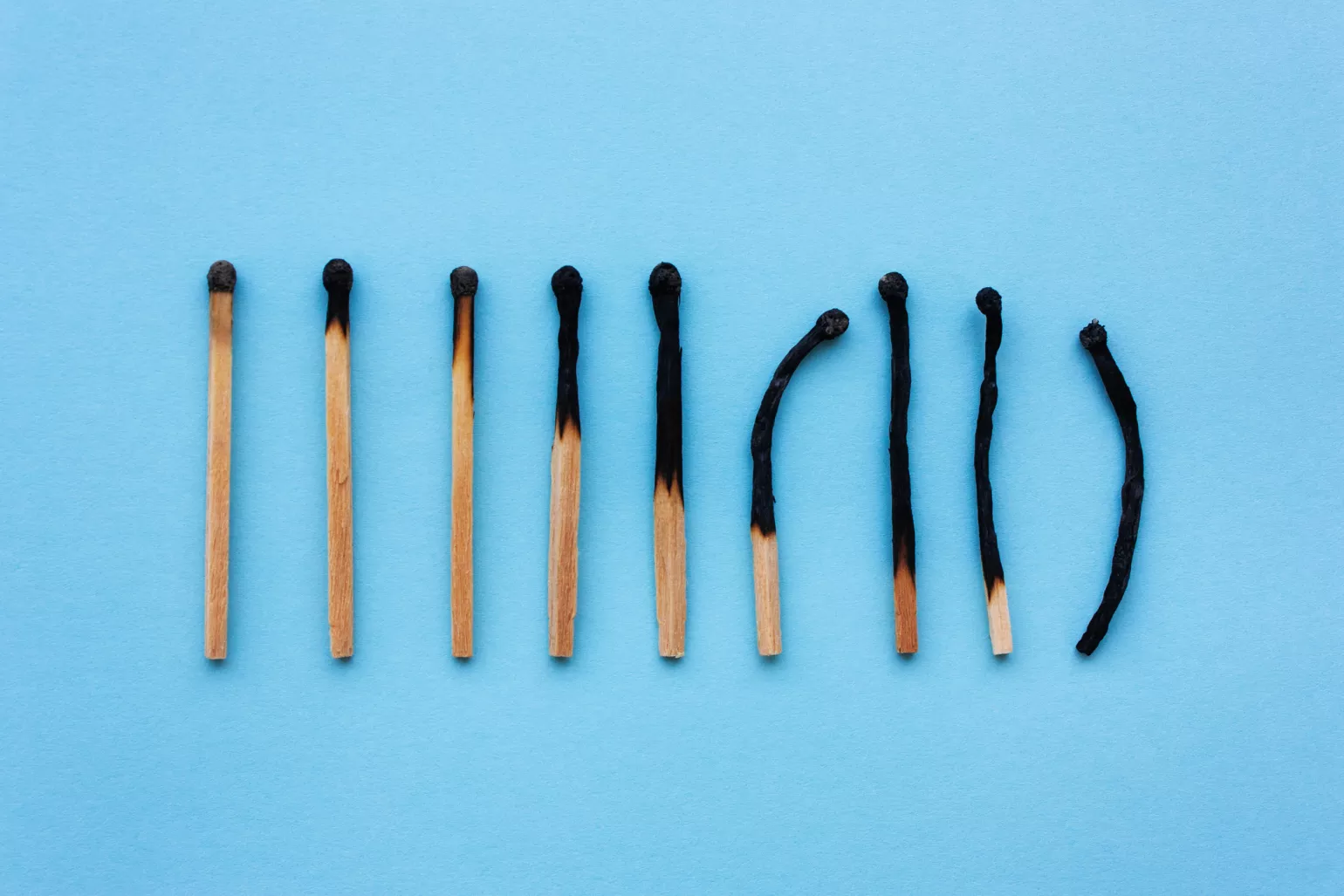
Therapist Burnout in the Wake of COVID
Understanding Burnout
Now is the Time for Therapists to Heal Themselves
It has been two and a half years since COVID turned our world upside down. Images of death and dying flooded our screens, minds and bodies. The heroism of essential workers and their sacrifices weighed down our hearts. Death tallies rose daily with no cure in sight. Work, school, and social gatherings were shut down. Routines were disrupted; support systems vanished.
Therapists Experienced the Same Stressors as the Clients We Were Helping during COVID
We, too, were juggling competing demands and learning new ways to work. We, too, were anxious about getting sick and dying, worrying about our loved ones and, quite possibly, grieving for someone who died a COVID-related death. Still, we carried on, helping clients regardless of what was happening around us or how we were doing ourselves.
In addition, therapists faced unique challenges in order to help our clients during COVID. We had to master video therapy—a new discipline for most of us. We learned how to do memory reprocessing in a two-dimensional environment and to work successfully without the benefit of kinesthetic feedback or the richness of in-person attunement.
Ask the Hard Question—Am I Burned Out?
We’re all trying to get back to “normal” but it’s definitely a new normal. That’s not all bad. COVID brought positive changes in how we work—seeing clients online, working from home and having more flexibility in our schedules.
But COVID also left many of us burned out—feeling emotionally drained, fatigued, inadequate and at risk of disengaging from clients. And it’s when we’re burned out, those old, maladaptive memory networks raise their ugly heads. Feelings of anxiety and overwhelm from childhood can loom large for us just as they do for our clients. That’s when turning to old bad habits or developing new ones can occur. Online shopping, food and alcohol consumption have gone from moderate to excessive as people struggle to regulate in response to COVID. And therapists are not exempt.
Next Steps for Addressing Burnout
Now that the COVID train has slowed down a bit, it's an ideal time to consider how practicing psychotherapy during a pandemic has affected each one of us.
First. Know you’re not alone. Burnout and compassion fatigue are real. So is the guilt we feel when we cannot see all of our patients and our wait lists continue to grow. That's what 1,320 mental health professionals told the New York Times in a recent survey.
Second. Give yourselves some grace. It has been hard to help people during the pandemic. And it continues to be hard because we're facing dramatically increased demand from new clients and old ones returning.
Third. Slow down and take stock. We know that working too hard is an occupational hazard for psychotherapists and that, over time, the allostatic load negatively impacts us on all levels: physically, mentally, emotionally, and spiritually. We can minimize it, rationalize it, deny it all together—even distract ourselves with our clients’ troubles.
At the end of the day, what will we have to give our clients if our tanks are running on empty?
Not as much as we otherwise would.
Fourth. So, let’s do for ourselves what we do for others and get some real healing for the healer. Think of yourself as if you were a client. Figure out what’s best for you. It may be an ongoing arrangement, a handful of sessions, or even some self-administered sessions. The bottom line: make time to take advantage of the powerful and effective healing methodologies that work so well for our clients.